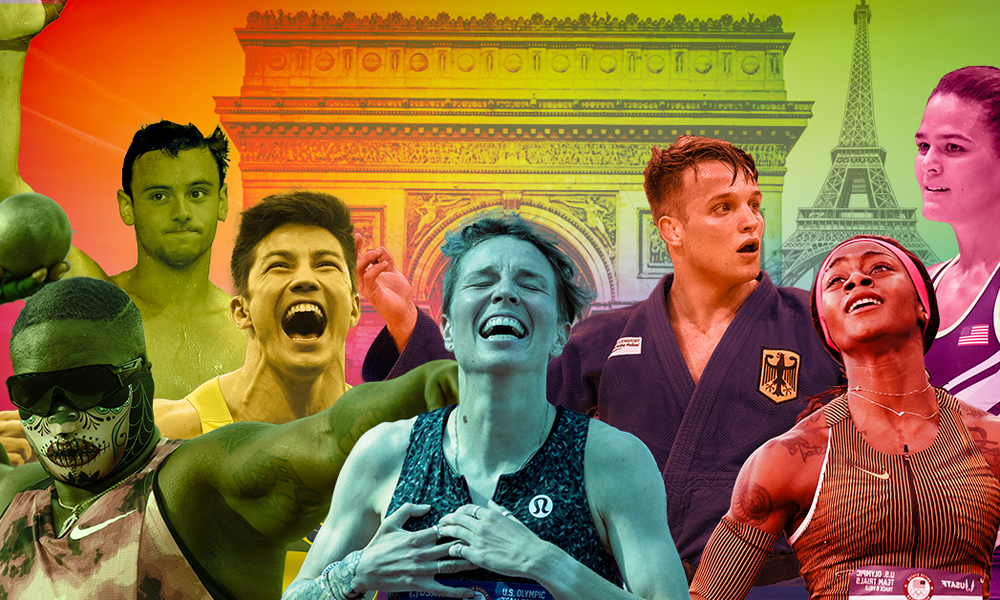While the practice of self-care and mental health treatment has traditionally played a vital role in human development, the contemporary culture of commercialized therapeutic treatments is problematic…
By Jesse Boland
I understand that you are healing your inner child, but can you please clean your dishes in the sink?
The last week of December is always my least favourite time of year. Not just because of the awkward limbo period between Christmas and New Year’s or the birthing of a new generation of Capricorns entering the world to create misery, but rather the influx of self-affirming posts from people vowing to put themselves first and practise limitless self-care in the new year. Now, I mean this in the least harsh way possible when I say that there is no fucking way all of you bitches are just too selfless and giving. Like, you would genuinely have to be an agent of Cthulhu to look at the current state of our world and think, ‘You know what? There is simply too much generosity and selflessness in this world – I think people should actually be more selfish!’
It is no surprise that this sense of urgent self-importance has become the norm over recent years: many of us were already dealing with lingering sentiments of abandonment and loneliness long before COVID forced us into isolation. Yet, rather than viewing this pandemic of loneliness as a call to extend kindness to our loved ones in need, the reverse has happened and we have become more selfish than ever before as a perceived necessity to survive. While independence and self-reliability are indeed attractive attributes, the idealization of hyper-independence does perpetuate a violent, capitalist mindset designed to dissolve community and further ostracize ourselves from each other, all in the name of “self-care.”
The concept of self-care and selfishness are often perceived as being synonymous, with the former being the more positive euphemism and the latter being a negative dysphemism, but that is not entirely correct. Rather, the two often work as the overlapping circles of a moral Venn diagram used to navigate the justification of our actions, with many things more often than not falling in the centre. Not going out to the club with your friends because you’re trying to save money and need a break from drinking would qualify as self-care, but cancelling dinner plans with a friend at the last minute because you’re kinda tired is pretty whack and would likely fall under selfishness. Skipping out on your friend’s birthday party because your ex is gonna be there and it’ll be awkward? That falls into the in-between area where there is some merit to your reasoning…but that doesn’t mean your friend doesn’t have the right to be pissed at you. Not all acts of self-interest are necessarily acts of Audre Lorde–approved self-love: sometimes you’re prioritizing yourself above others just because you feel like it. That isn’t intrinsically a bad thing, but it’s good to be mindful of just how often you put yourself before others before they decide you’re better off alone.
What so much of toxic self-care culture boils down to is our use of language and the associations we attach to certain terms to reframe our way of thinking. This is a staple of many mental health practices such as cognitive behavioural therapy and self-affirmation theory, which can indeed be extremely useful for navigating harmful thoughts and emotions. The problem becomes when this method of thinking divorces individuals from feelings of guilt, remorse and shame for their harmful actions, and absolves them of all accountability for their shitty behaviour. For instance, one example of “healthy” rephrasing of thoughts is when you are late for meeting someone and, instead of apologizing by saying, “I’m sorry for being late,” you’re grateful and say, “Thank you for waiting for me.” Now listen: if you keep me waiting for 45 minutes sitting alone at a coffee shop and, upon finally arriving, instead of having the basic decency to apologize for wasting my time you commend me for being a schmuck, just know that both of our names will be on the news the following morning. There is a substantial difference between acknowledging your mistakes and imperfections without beating yourself up over it versus embracing your indecent behavior with the expectation that others should simply deal with it.
It cannot be stated enough: nobody is perfect (even Beyoncé is featured on an Eminem song). Yet the understanding that perfection is an unachievable myth does not mean we shouldn’t still aspire to better ourselves and change whatever personal flaws are within our control. The excuse that “nobody’s perfect” is somewhat of a cop-out to divorce ourselves from the responsibility for our shitty behaviour. Chew with your mouth open? Nobody’s perfect! Over-familiarly rude with total strangers? I’m a work in progress! Kicked a homeless person? Even diamonds started off as coal! There is a tremendous difference between recognizing our own imperfections that make us human yet refusing to allow them to define us versus simply shrugging off all valid criticisms of our abhorrent habits because “haters gonna hate.” Yet as we are continuously told to never feel bad about our flaws, these once unfortunate mistakes can swiftly become indicative of a rotten disposition.
While failure is an integral step in the path towards success and we do learn our best lessons from our mistakes, there is a bizarre mindset today that fucking up is fundamental to our progression while ignoring whoever is harmed along the way. Last year, I got into an argument with one of my followers on Instagram over a story he had told on Canada Day regarding the topic of decolonization. When I pointed out to him his mild hypocrisy given that he had several months ago vacationed in Hawai’i – a not-too-long-ago colonized land whose indigenous populations have been begging tourists to stop visiting given the devasting impact COVID has had on them as well as their water being diverted from native communities towards tourism spots – he maturely acknowledged that he was wrong for doing so, but that he did not know better at the time and had learned from his mistake. However, what didn’t sit right was his insistence that he did not regret vacationing there, and was in fact glad he had made the trip as he framed it as a learning opportunity. His beach Speedo pics from the trip were on proud display on his grid while he was conversing with me.
What his rhetoric argued was that making unwise decisions that harmfully impacted the lives of others was ultimately justified given that in the end he learned a valuable lesson to pass along to others. In his eyes, his own personal learning experience superseded the lived experiences of others, as it was a necessary step needed for his own progression. That’s a mindset we commonly hear in stories of self-improvement: the guy who learned to respect women after mistreating his romantic partners for years; the high school bully who grew up to be a guidance counsellor; Clint Eastwood in the third act of every movie learning that people of colour actually are people…after having called them every slur known to man (and woman!) for the first 90 minutes. When we reflect on the mistakes we have made in our journeys of enlightenment, it’s vital to acknowledge that not all of our growing pains were just our own pain but also that which we have caused to others.
Hyper-individualism is killing us, and I am not being hyperbolic. For those who do not have the wealth or the health to take care of ourselves at all times, who are we to turn to in our moments of need if not our community? Therapy may be lifesaving for many individuals, but it is ultimately a transactional industry that runs on consumer demand and monetary exchange wherein patients (or clients, depending on how one chooses to look at it) may quit at any time if they are not satisfied with the uncomfortable nature of the practice, and may be dropped by the practitioner if they can no longer afford to receive such treatment. As bell hooks wrote, “When we face pain in relationships our first response is often to sever bonds rather than to maintain commitment.” These words ring true now more than ever in a time where we may hire someone to validate our feelings for an hour and cut off anyone that we label as “toxic” for making us not feel good. While therapy is essential for the mental health of many, it is still no substitute for the camaraderie of our families and communities, who hold us lovingly in their arms while also holding us accountable for our bullshit.
Sometimes we need to heal, and sometimes we need to suffer the consequences for our reprehensible behaviour with the understanding that forgiveness is never owed. There is no right way to be a good person in the same way there is no way to be perfect, and all that we may do is the uncomfortable work of trying to help each other instead of telling each other to “get help.”
JESSE BOLAND is that gay kid in class who your English teacher always believed in. He’s a graduate of English at Ryerson University (now Toronto Metropolitan University) who has a passion for giving a voice to people who don’t have data on their phones and who chases his dreams by foot because he never got his driver’s licence.







POST A COMMENT